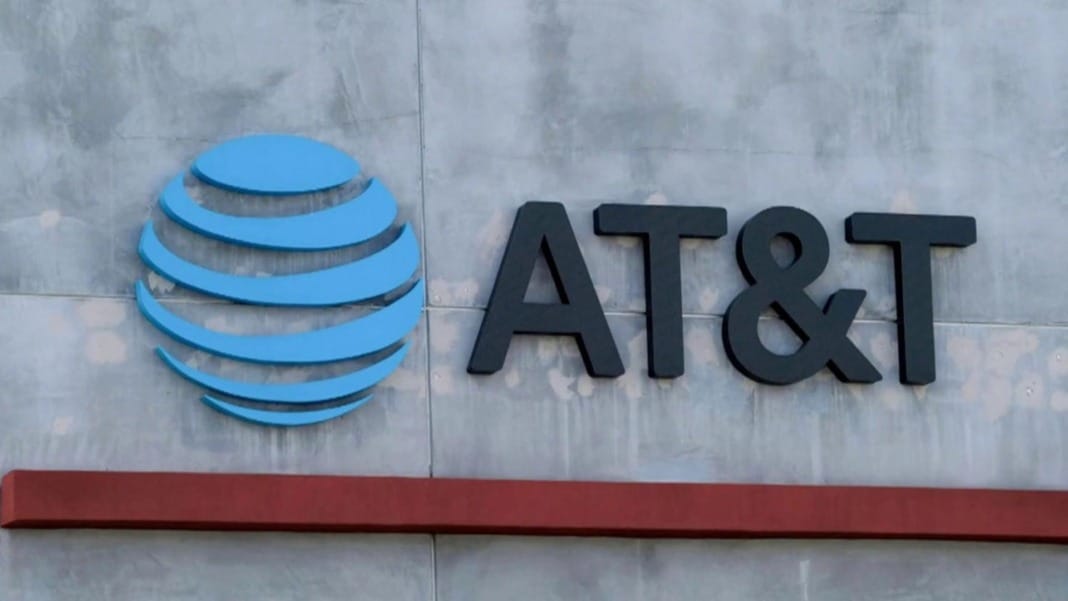AT&T has yet to withdraw landline service for customers across California. On Thursday, the California Public Utilities Commission (CPUC) denied AT&T’s request to be relieved of its obligations as a Carrier of Last Resort (COLR). This decision, as reported by Ars Technica and CBS News, means AT&T must continue offering landline services throughout the state.
The importance of landline services
Since 1996, AT&T has held the COLR designation in California, ensuring every resident can access affordable and reliable telephone service. For many, particularly those in remote areas, landlines are essential. They provide dependable communication during emergencies, especially when power outages or poor cellular service make other options unavailable.
AT&T petitioned the CPUC to release it from its COLR duties earlier this year. The company argued that the widespread availability of mobile services and VoIP has reduced the need for traditional landlines. AT&T claimed that the economic justification for maintaining the COLR status no longer exists, as alternative voice services with reasonable rates and superior technologies are now available across California. Furthermore, AT&T highlighted the substantial costs of maintaining the copper landline network, a burden not shared by its competitors. The company assured that it would continue providing landline services in areas where no alternatives are available.
CPUC’s decision and public concerns
Despite AT&T’s arguments, the CPUC rejected the request. The commission stated that AT&T needed to prove the availability of replacement providers willing and able to serve as a COLR. The decision also considered public comments about the unreliability of mobile service and VoIP in certain areas. As a result, AT&T remains responsible for offering landline services throughout the state.
In response to the CPUC’s ruling, AT&T advocates for new rules that would alter how California designates a COLR. President of AT&T California, Marc Blakeman, emphasised the company’s commitment to ensuring every customer receives voice and 911 services. “We are fully committed to keeping our customers connected while we work with state leaders on policies that create a thoughtful transition that brings modern communications to all Californians,” Blakeman stated in an email to The Verge.
Reliability of cellular services
Concerns about the reliability of cellular services are not without merit. In February, AT&T experienced a nationwide outage affecting thousands of customers. More recently, an issue disrupted calls between Verizon and AT&T customers, highlighting the potential vulnerabilities of relying solely on mobile networks for communication.
The CPUC’s decision underscores the importance of maintaining diverse and reliable communication options for all Californians, particularly in times of emergency. While modern technologies continue to advance, traditional landline services remain crucial for many residents across the state.





